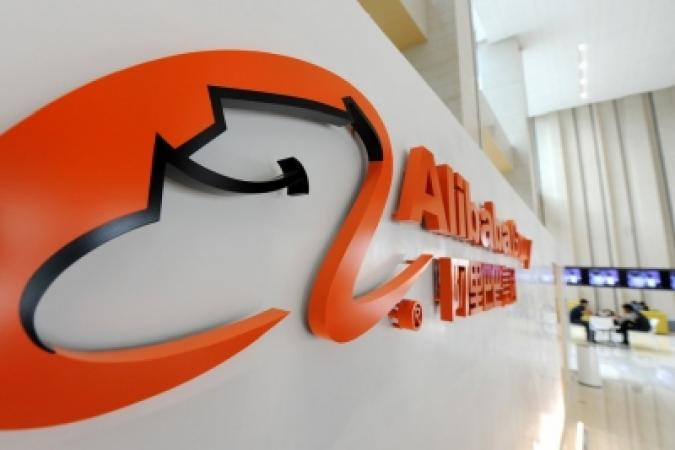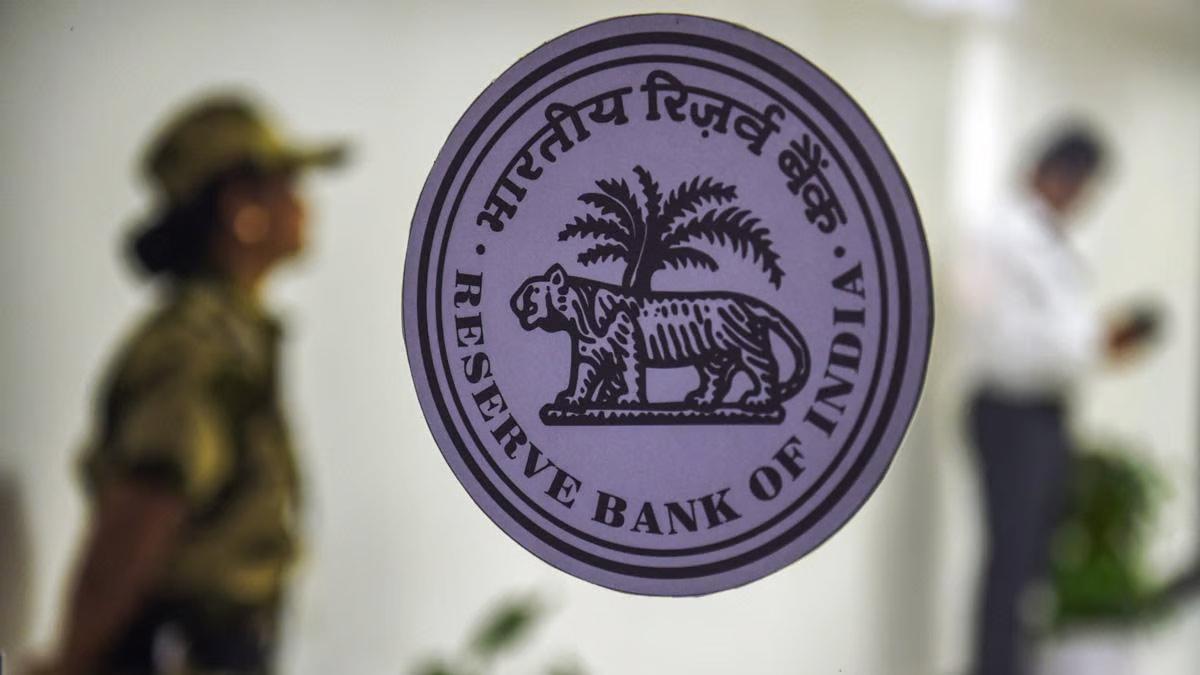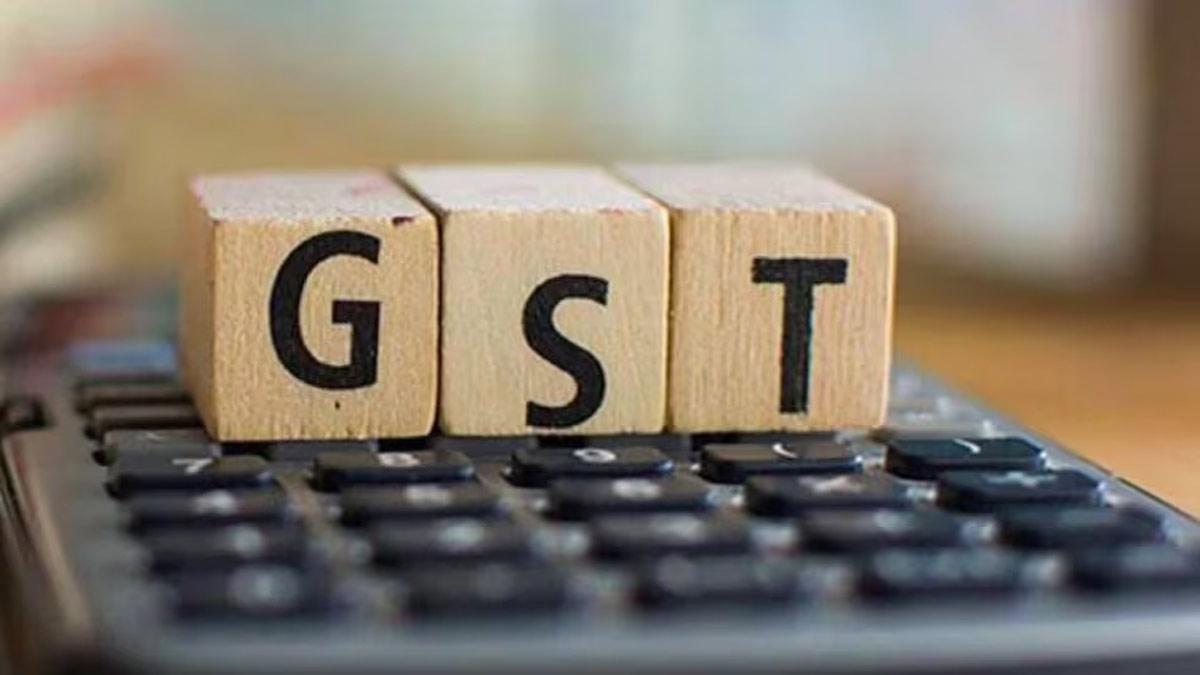The US has added sites operated by Chinese technology giants Alibaba and Tencent to its "Notorious Markets List" of businesses it believes are involved with trading counterfeit goods, the BBC reported.
The list identifies 42 online sites and 35 physical stores, including e-commerce platforms, run by the firms.
The US trade agency says they "engage in or facilitate substantial trademark counterfeiting or copyright privacy".
The US and China are in a long-running dispute over trade and technology.
Also Read | Adani Group all set to acquire new 'space' for Thiruvananthapuram airport
"The global trade in counterfeit and pirated goods undermines critical US innovation and creativity and harms American workers," US Trade Representative (USTR) Katherine Tai said.
The Office of the USTR said its list had for the first time included AliExpress and WeChat e-commerce sites.
AliExpress is owned by Alibaba and WeChat is operated by Tencent, the BBC reported.
It called the sites "two significant China-based online markets that reportedly facilitate substantial trademark counterfeiting".
Also Read | ED attaches illegal assets worth Rs 25 crore of PPGD Sankar
China-based online markets Baidu Wangpan, DHGate, Pinduoduo and Taobao continue to be listed, it added, "as well as nine physical markets located within China that are known for the manufacture, distribution, and sale of counterfeit goods".
Tencent said it had "invested significant resources" into protecting intellectual property rights on its platforms, the report said.
"We strongly disagree with the decision made by the US Trade Representative and are committed to working collaboratively to resolve this matter," a spokesperson told the BBC.
Alibaba did not respond to a BBC request for comment.
The USTR first started identifying "notorious markets" in 2006.
Its list is aimed at protecting American businesses and workers from the effects of cheap counterfeit goods, that are usually manufactured outside the US, the BBC reported.


















